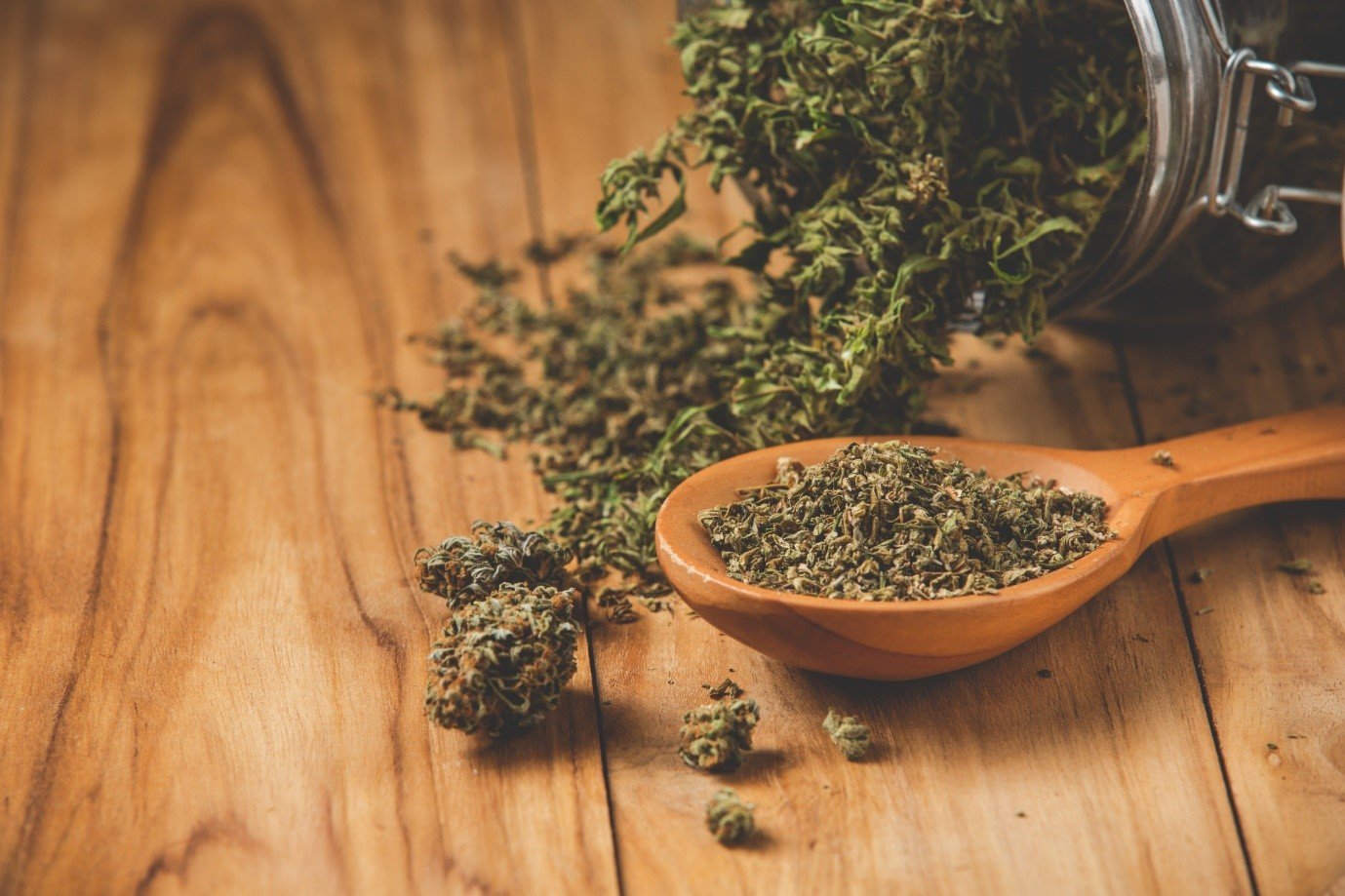Cannabis cultivation has evolved significantly over the past decade, not just in scale but also in its approach to environmental responsibility. As the industry grows, cultivators are increasingly adopting sustainable practices that minimize ecological impact while promoting efficient, eco-friendly growth methods. This shift highlights the potential of cannabis cultivation as a model for sustainable agriculture and environmental innovation. For quality cannabis and friendly service, the weed shop Ottawa is the go-to destination for both new and experienced enthusiasts.
Embracing Renewable Energy
Sustainable cannabis cultivation begins with energy-conscious solutions. Indoor and greenhouse operations are increasingly incorporating renewable energy sources to reduce their carbon footprint.
- Solar-powered systems: Many cultivation facilities are leveraging solar energy to power lighting, climate control, and irrigation systems.
- Energy-efficient lighting: LED and other energy-saving lighting technologies are replacing traditional high-energy bulbs, reducing overall electricity usage.
- Smart climate control: Advanced climate management systems optimize temperature and humidity while conserving energy; ensuring plants thrive with minimal waste.
These measures not only benefit the environment but also help cultivators reduce operational costs, creating a win-win scenario.
Water Conservation and Management
Water efficiency is another critical focus in modern cannabis cultivation. Sustainable operations emphasize responsible water use through innovative technologies and practices.
- Drip irrigation systems: Targeted watering reduces waste while ensuring plants receive optimal hydration.
- Rainwater harvesting: Collecting and reusing rainwater supports natural water cycles and minimizes dependence on municipal water sources.
- Water recycling and filtration: Advanced filtration systems allow water to be reused, conserving this essential resource and supporting long-term sustainability.
By prioritizing water management, cultivators protect local ecosystems while maintaining high-quality plant growth.
Eco-Friendly Growing Mediums
The choice of growing medium can have a significant environmental impact. Sustainable cultivators are turning to organic and renewable substrates.
- Coconut coir and compost-based soils: These alternatives reduce reliance on peat moss, which is often harvested unsustainably.
- Bio char incorporation: Adding biochar improves soil fertility and sequesters carbon, contributing to climate-positive cultivation practices.
- Reduced chemical fertilizers: Emphasis on organic nutrients supports healthy soil ecosystems and reduces chemical runoff.

These eco-friendly mediums foster plant health while promoting environmental stewardship.
Waste Reduction and Circular Practices
Sustainability in cannabis cultivation extends beyond energy and water use to include waste reduction and resource recycling.
- Composting plant waste: Trimmings and other plant materials can be transformed into nutrient-rich compost, closing the loop in cultivation.
- Packaging innovations: Eco-conscious packaging reduces plastic waste and encourages responsible consumer habits.
- Byproduct utilization: Hemp and cannabis byproducts are being repurposed for textiles, construction materials, and biodegradable products.
Such practices highlight how the cannabis industry can lead in circular economy initiatives, turning potential waste into valuable resources.
A Greener Future for Cannabis Cultivation
Cannabis cultivation serves as a prime example of how agriculture can embrace eco-friendly solutions while maintaining robust growth. By integrating renewable energy, water conservation, sustainable soils, and waste reduction strategies, cultivators are redefining industry standards for sustainability. These positive initiatives demonstrate that responsible cannabis cultivation can benefit both the environment and the community, setting a precedent for other agricultural sectors. The future of cannabis cultivation is bright, with sustainability at its core. As more growers adopt eco-friendly practices, the industry continues to inspire innovation, demonstrating that thriving business operations and environmental stewardship can go hand in hand.